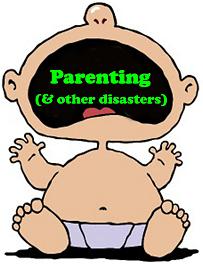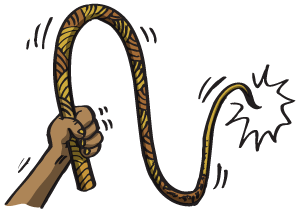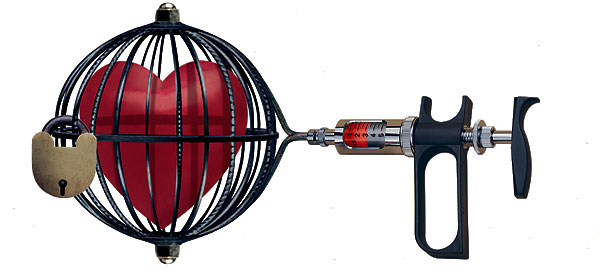Why it matters whether you believe in free will
Follow Rebecca on Twitter
Scientific discoveries about how our behaviour is causally influenced often prompt the question of whether we have free will (for a general discussion, see here). This month, for example, the psychologist and criminologist Adrian Raine has been promoting his new book, The Anatomy of Violence, in which he argues that there are neuroscientific explanations of the behaviour of violent criminals. He argues that these explanations might be taken into account during sentencing, since they show that such criminals cannot control their violent behaviour to the same extent that (relatively) non-violent people can, and therefore that these criminals have reduced moral responsibility for their crimes. Our criminal justice system, along with our conceptions of praise and blame, and moral responsibility more generally, all presuppose that we have free will. If science can reveal it to be an illusion, some of the most fundamental features of our society are undermined.
The questions of exactly what free will is, and whether and how it can accommodate scientific discoveries about the causes of our behaviour, are primarily theoretical philosophical questions. Questions of theoretical philosophy—for example, those relating to metaphysics, epistemology, and philosophy of mind and language—are rarely viewed as highly relevant to people’s day-to-day lives (unlike questions of practical philosophy, such as those relating to ethics and morality). However, it turns out that the beliefs that people hold about free will are relevant. In the last five years, empirical evidence has linked reduced belief in free will with an increased willingness to cheat,1 increased aggression and reduced helpfulness,2 and reduced job performance.3 Even the way that the brain prepares for action differs depending on whether or not one believes in free will.4 If the results of these studies apply at a societal level, we should be very concerned about promoting the view that we do not have free will. But what can we do about it?Read More »Why it matters whether you believe in free will




